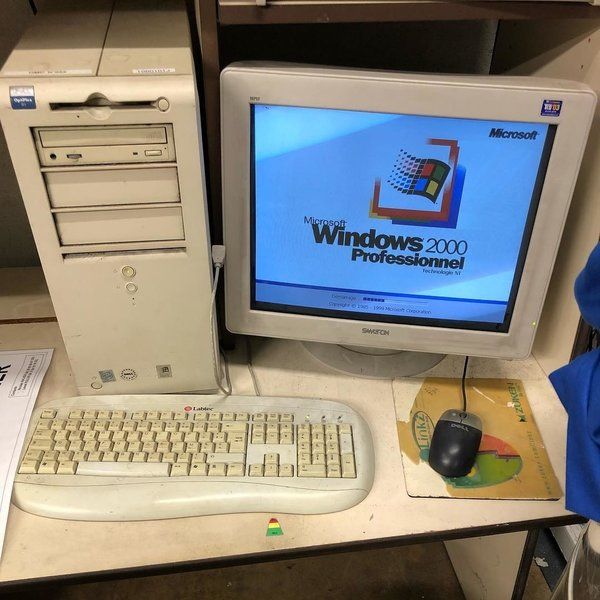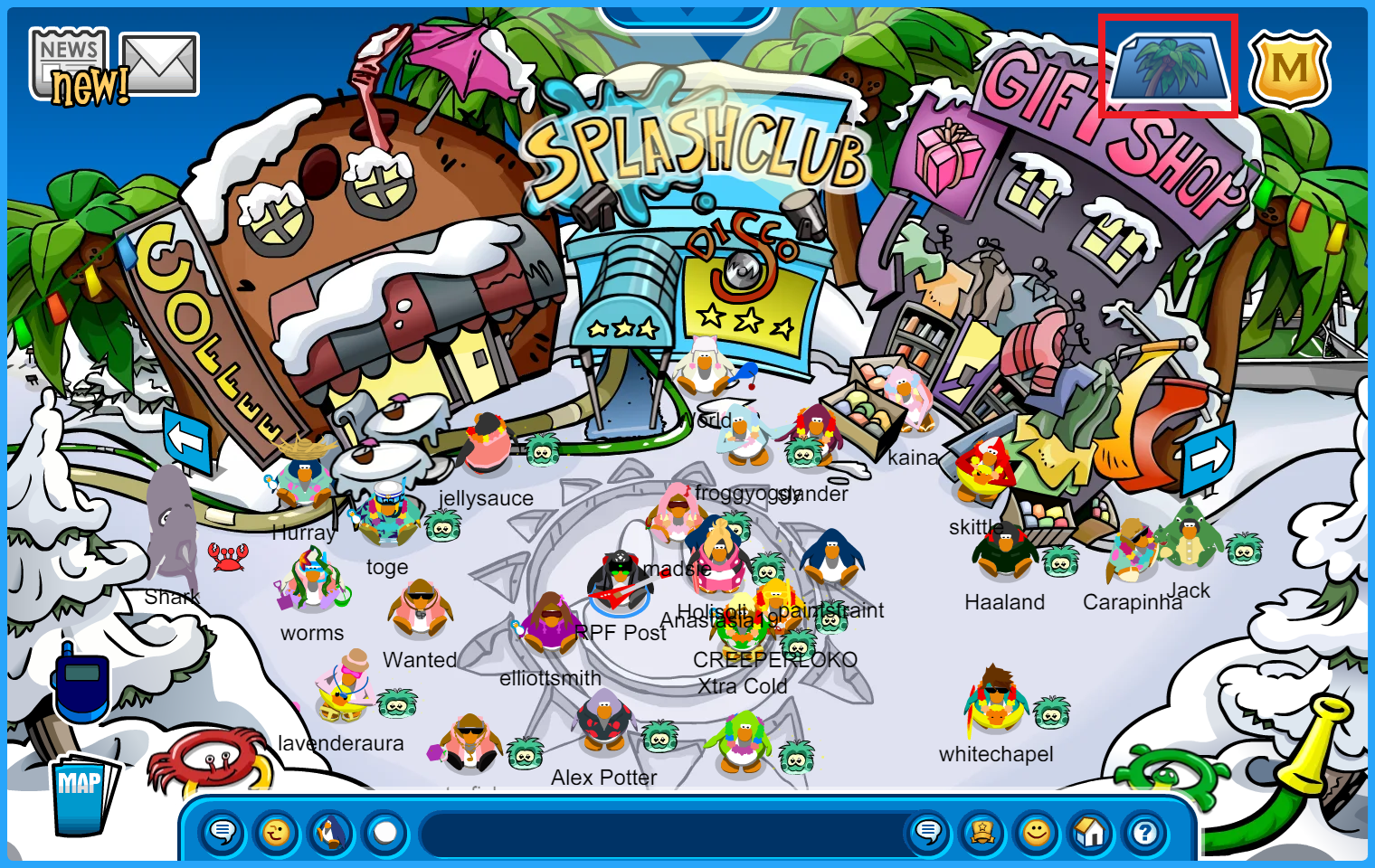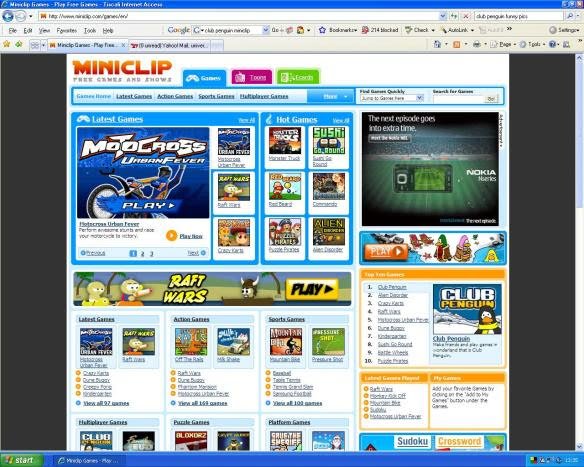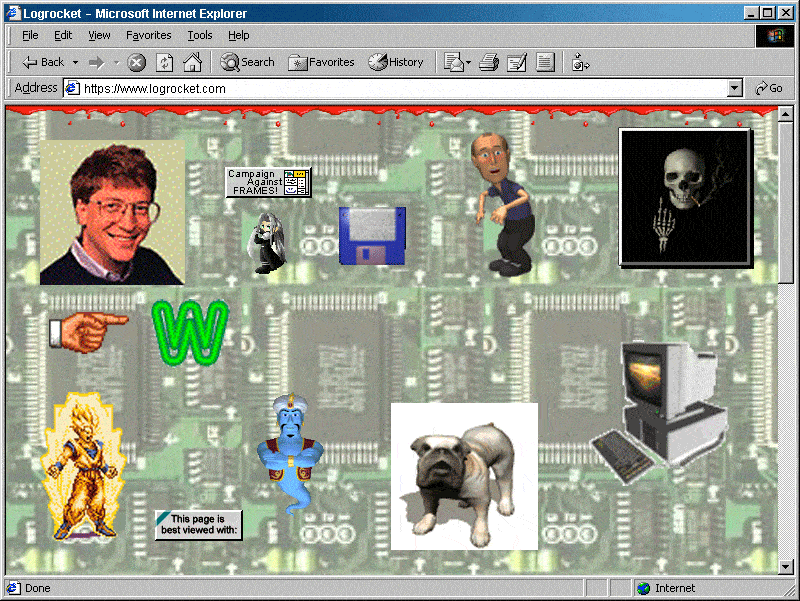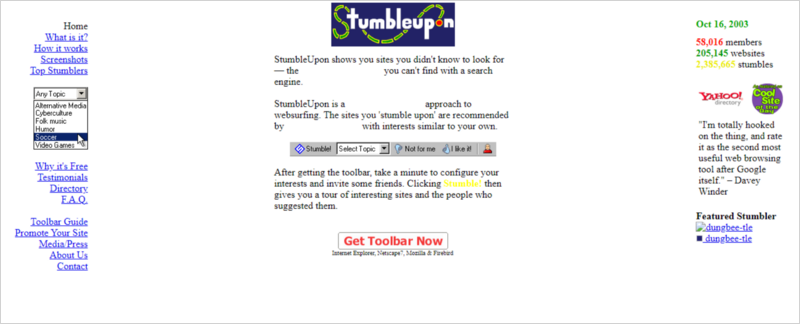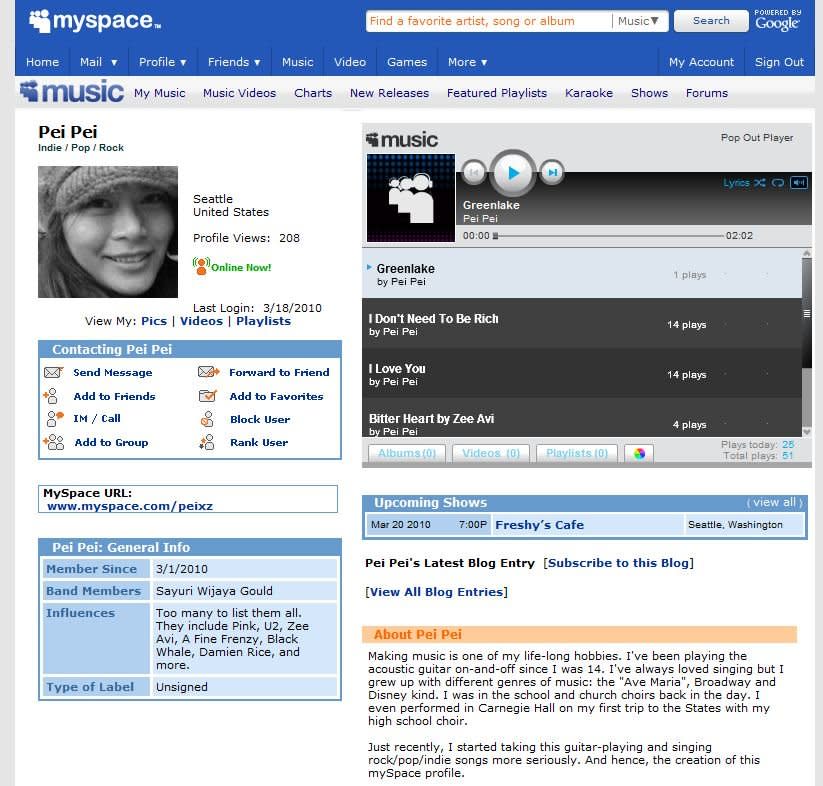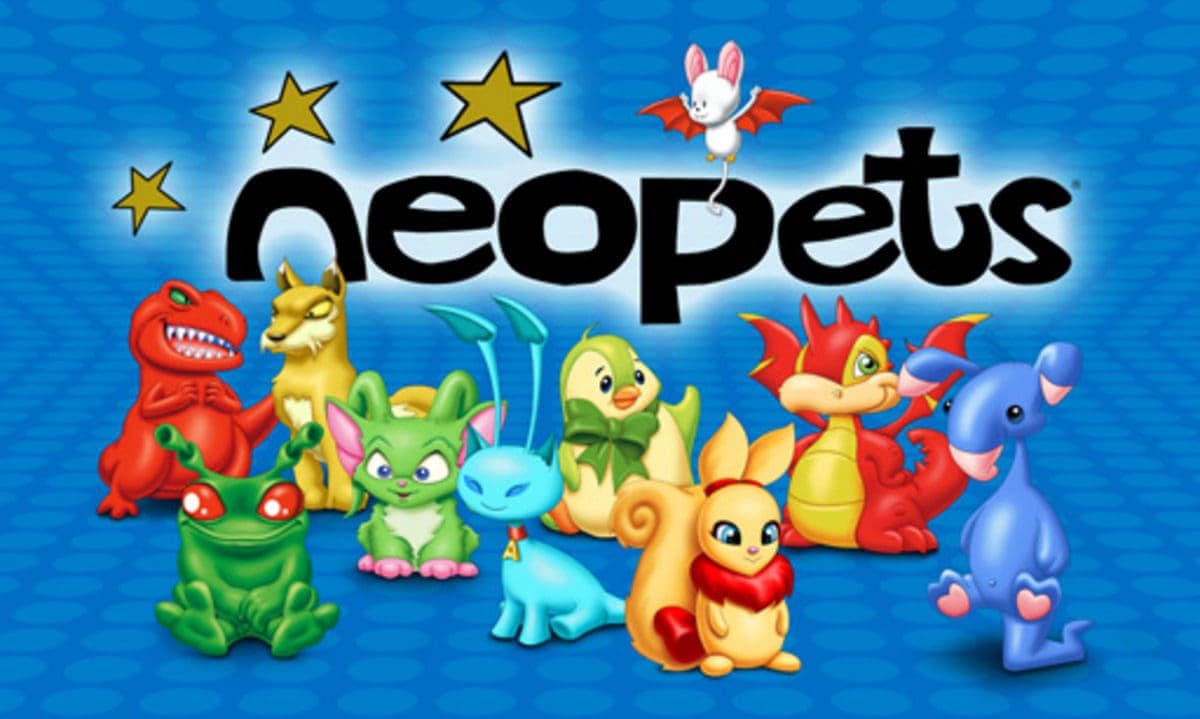10 Websites & Social Media That'll Send You Back In Time
Take a stroll down memory lane.
The earlier eras of the Internet held a special place in our hearts
Remember the days when using a computer was all about fun and games, not just work and emails? Back then, everyone had their favourite websites where they'd spend hours exploring, chatting, and playing.
But time marches on, and those beloved websites gradually became outdated. Eventually, it became too difficult or expensive to keep them running, and sadly, they had to shut down.
Even though these online havens are gone, the memories of those golden days of Internet fun live on. They remind us of a simpler time when the online world was a place of discovery, creativity, and connection.
1. Vine
In light of TikTok's recent shutdown (and it's rapid revival), we take a look at it's spiritual predecessor.
Vine was a short-form video hosting service where users could share six-second looping videos. It was incredibly popular for a while, known for its creativity and humour. Although X bought it, they eventually shut it down. Vine played a big role in the rise of short-form video content online.
2. Friendster
Before Facebook and Instagram dominated our social media lives, there was Friendster. Launched in 2003, it quickly gained popularity, attracting over 115 million users. Google even offered to buy Friendster for USD30 million (RM133 million), but the offer was rejected — a decision that's often seen as a major missed opportunity, according to experts.
As Facebook rose to prominence, Friendster struggled to keep up. It tried to reinvent itself as a social gaming platform, but ultimately couldn't compete. Friendster shut down in 2015, and the company was dissolved three years later.
While it might be a forgotten name today, Friendster played a significant role in the early days of social networking, paving the way for the platforms we use today.
3. Club Penguin
Club Penguin was a massively popular online world where kids could hang out, play games, and socialise as penguin avatars.
It was such a hit that Disney bought it for a whopping USD350 million (RM1.55 billion)! However, concerns were raised about child safety on the platform, and its popularity gradually declined as gaming shifted towards smartphones.
Despite attempts to adapt with a mobile app, Club Penguin eventually shut down in 2017, leaving many with fond memories of their time waddling around its virtual world.
4. Miniclip
Miniclip was a hugely popular website in the early 2000s, known for its simple, addictive browser games like 8 Ball Pool and Agar.io. These games were built using Adobe Flash Player, which was widely used at the time.
However, Flash had security vulnerabilities and was gradually phased out. When Adobe officially discontinued Flash Player in 2020, many websites, including Miniclip, lost a large portion of their games. Miniclip shifted its focus to mobile gaming, and its website now hosts only a few of its classic titles.
So, while Miniclip still exists, the 'death of Flash' significantly impacted its library and contributed to its decline in popularity. It serves as a reminder of how technological shifts can reshape online entertainment and leave behind relics of Internet history.
5. Napster
Napster was a sensation because it allowed people to share music online for free, which was revolutionary in 1999. Its popularity exploded, especially among students, drawn to the vast library of free music and the easy sharing through its peer-to-peer network.
Napster emerged during the internet's early days, capturing the excitement of new possibilities. However, legal challenges from the music industry over copyright infringement led to its shutdown.
Despite its controversial existence, Napster changed how we consume music, paving the way for today's legal music streaming services.
6. GeoCities
GeoCities was a super popular web hosting service in the late '90s and early 2000s. It allowed anyone create their own website for free and organised those websites into 'neighbourhoods' based on their themes.
Think of it as an early version of social media, where people could express themselves online and connect with others. GeoCities was known for its quirky, personalised websites and its sense of online community.
Yahoo! eventually bought GeoCities, but they shut it down in 2009.
7. Digg
Digg was a popular social news site in the mid-2000s where users submitted and upvoted articles. Getting on the front page meant huge traffic for websites. However, spam and competition from sites like Reddit led to its decline. Though still around, Digg is now smaller and focuses on curated news.
8. StumbleUpon
StumbleUpon was a discovery engine that helped you find interesting things on the Internet based on your interests. It was like a personalised web surfer that would take you to random websites, images, and videos you might like. You could "like" or "dislike" pages, and it would learn your preferences over time.
StumbleUpon was quite popular in the late 2000s but eventually shut down in 2018. It was a fun way to explore the web and discover hidden gems you might not have found otherwise.
9. MySpace
MySpace was the de facto social media site in the early 2000s. People loved making their profiles unique with music and cool designs. But then Facebook came along and was easier to use.
MySpace also had problems with too much customisation, a focus on music instead of friends, technical issues, and security problems. People started leaving, and now MySpace is mostly about music, not a major social media site anymore.
10. Neopets
Neopets was a phenomenon in the early 2000s, captivating millions of users with its virtual pet website. It offered a vibrant online world called Neopia, where users could create and care for their own Neopets, play a variety of games, explore different lands, and connect with other users in a thriving online community.
However, Neopets faced a gradual decline attributed to several factors. The website heavily relied on Adobe Flash Player, which eventually became outdated and obsolete due to security concerns. As gaming transitioned to mobile devices, Neopets struggled to adapt and provide a seamless mobile experience, losing ground to newer, more mobile-friendly online games and virtual worlds.
A series of ownership changes and a perceived neglect of the platform further contributed to its decline. Updates became less frequent, and the community felt a lack of support, leading to a decline in user engagement and activity. Competition from newer, more modern online games and virtual worlds also drew users away from Neopets.
Despite its decline, Neopets still maintains a dedicated fanbase and continues to operate, albeit with a smaller and less active community. It serves as a nostalgic reminder of the early days of online communities and virtual pet experiences, holding a special place in the hearts of those who grew up exploring the world of Neopia and caring for their beloved Neopets.
